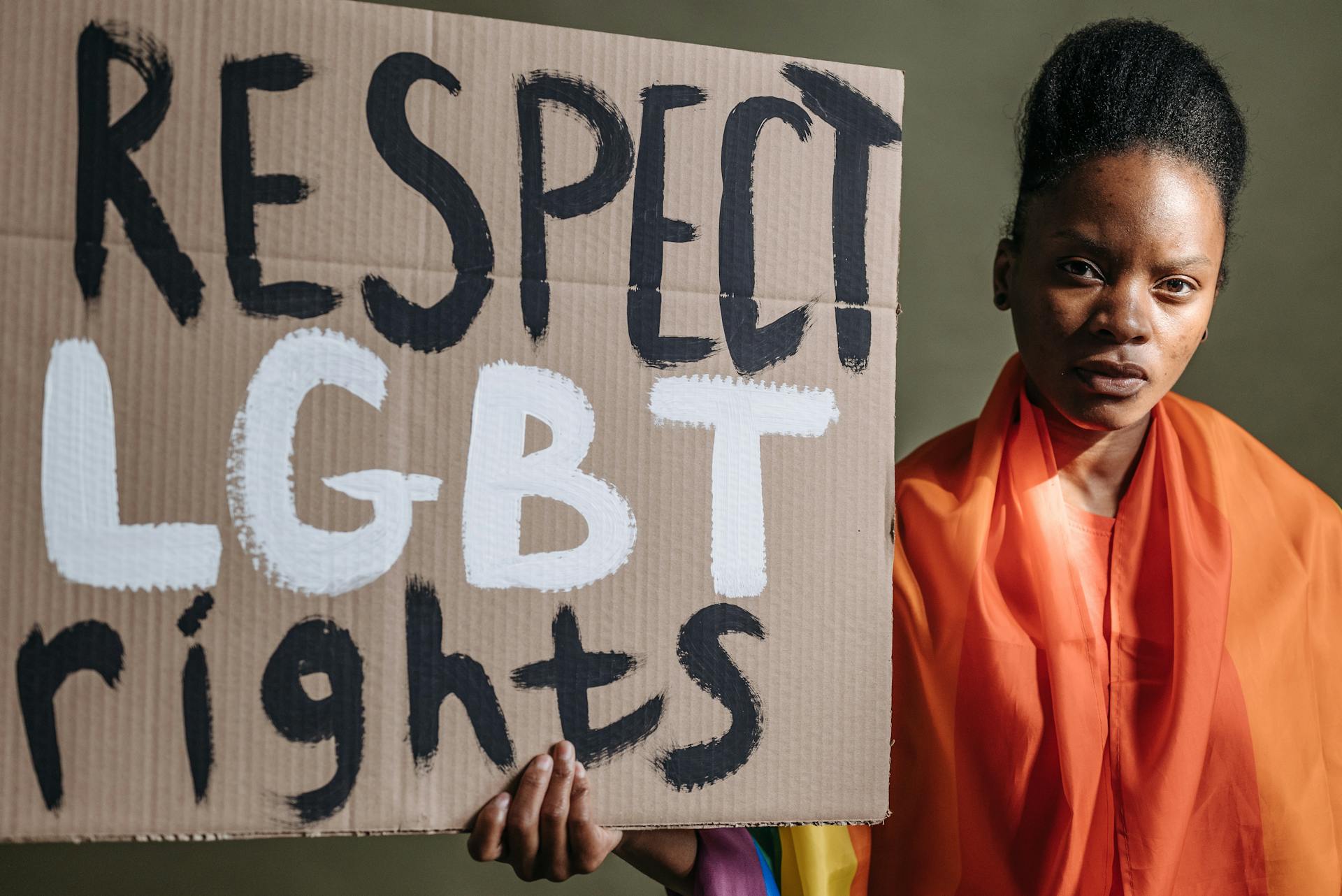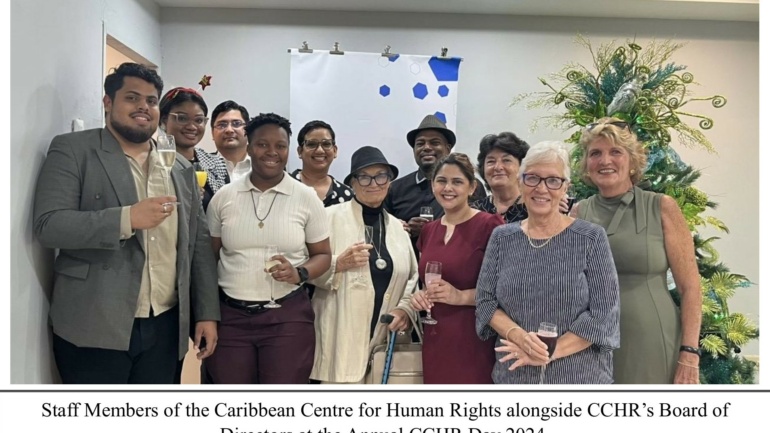The Caribbean Centre for Human Rights (CCHR) expresses its profound concern over the recent judicial ruling that has re-criminalized consensual same-sex conduct in Trinidad and Tobago. This decision, which overturns previous judgments decriminalizing buggery, highlights the urgent need for comprehensive constitutional reforms across the Commonwealth Caribbean to ensure that human rights protections are fully respected and upheld.
The ruling underscores the pressing necessity to remove “savings law” clauses that continue to protect outdated and discriminatory colonial-era laws, including those that criminalize consensual same-sex conduct. These provisions, which shield laws from constitutional challenges, have no place in a modern society committed to equality, justice, and the protection of fundamental human rights.
The Need for Constitutional Reform and the Removal of “Savings Law” Clauses
This ruling reinforces the doctrine of separation of powers and redirects any challenge to a law which has been saved by the constitutional savings law clause, to Parliament to address. Ultimately, the decision of the Court of Appeal of Trinidad and Tobago highlights the urgent need for meaningful constitutional reform, a point which the CCHR wholeheartedly endorses. This reform should, inter alia, eliminate “savings law” clauses, which prevent the removal of discriminatory laws that violate the rights to privacy, freedom of expression, and equality before the law.
By maintaining these clauses, Caribbean governments are allowing laws that criminalize consensual same-sex conduct to persist, despite their contradiction with the principles of human dignity and non-discrimination enshrined in international human rights law. These legal protections serve as barriers to progress and undermine the ability of citizens to fully enjoy their fundamental freedoms.
Human Rights Violations and International Standards
Maintaining laws which criminalize consensual same-sex conduct is a clear violation of international human rights standards, including those set by the United Nations. The decriminalization of same-sex conduct is aligned with the Universal Declaration of Human Rights and the International Covenant on Civil and Political Rights, both of which protect individuals from discrimination and violations of their personal autonomy.
The CCHR emphasizes that this ruling, while jurisprudentially consistent with the Judicial Committee of the Privy Council’s line of authority, leaves members of the LGBTQ+ unprotected and requires urgent Parliamentary intervention. It also increases the risk of violence, harassment, and marginalization of an already vulnerable community. We believe that upholding laws that criminalize consensual same-sex conduct perpetuates societal harm and impedes the region’s progress toward greater equality and social justice.
A Call for Solidarity and Action
We stand in solidarity with LGBTQ+ advocates, activists, and organizations across the Caribbean that continue to fight for the rights of marginalized communities. The CCHR remains committed to supporting these efforts and urges policymakers to act with urgency in aligning their legal systems with international human rights standards.
We also call on the people of the Caribbean to join us in advocating for a future where human rights are respected for all individuals, regardless of sexual orientation or gender identity.
About the Caribbean Centre for Human Rights (CCHR)
The Caribbean Centre for Human Rights (CCHR) is a non-governmental organization dedicated to promoting and protecting human rights across the Caribbean region. Through advocacy, legal support, and public awareness campaigns, CCHR works to ensure that all individuals, regardless of race, gender, sexual orientation, or socio-economic status, are afforded the rights and freedoms they are entitled to under international law.




